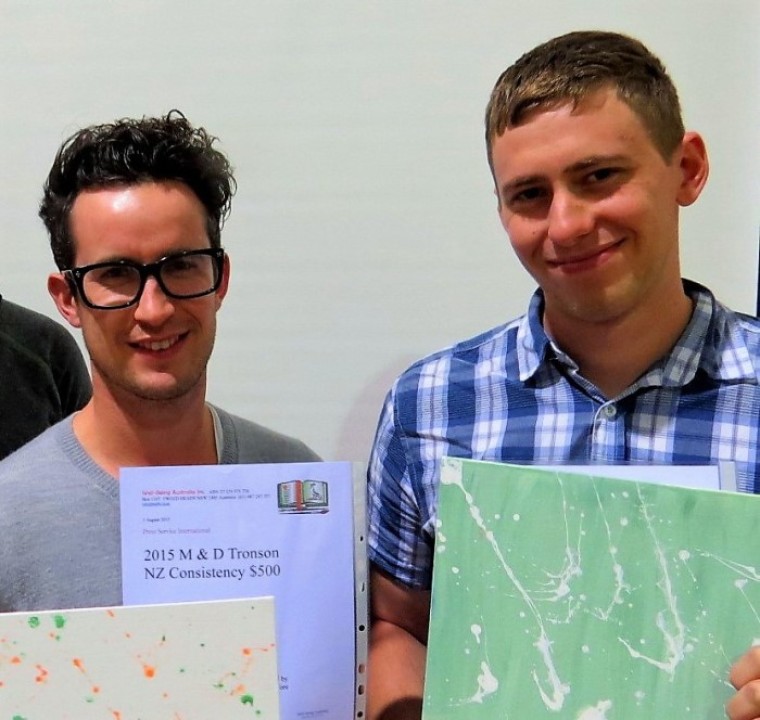

It's certainly an old saying which appears to me to have originated in the USA; our Australian fighting forces dig into a 'shell scrape' rather than a 'foxhole' however the meaning is the same, no matter which side of the two-way shooting gallery you are on.
On my first operation in Vietnam in 1969 (I had joined the platoon as reinforcement), I asked my platoon sergeant how deep I needed to dig my shell scrape, not knowing what the more experienced members of the section did. I will never forget his answer.
'Any depth you want, depending on how much of your body you want left if they mortar us."
Mass in the Jungle
It was also on the same operation where I saw my Battalion's Padre, Father Tom Shanahan, chopper in and do a 'Soldier's Mass' out in the jungle.
As many of the Catholic boys as could be spared were on their knees, took communion and prayed. I was moved and felt peeved the protestant padres didn't do the same thing.
However, what I did learn while serving overseas in an infantry platoon was the other soldiers did not make fun or even sly comments about other soldier's religious beliefs. There was no condemnation.
It seemed to me that once you have experienced something like being a fighting soldier during wartime, you come to realise, perhaps sub-consciously in some cases, there is a greater being who is someone you want to get to know.
Was it for protection – two of my closest friends were later killed in a mine explosion and they had both been on their knees in the jungle taking Mass that day.
Was it for comfort – to know whatever happened, you were covered by the knowledge of heaven waiting?
No matter what, 45 years later, I continue to receive emails almost every day from members of my platoon and company who are now, but weren't Christians before heading off to war.
No, most of them don't advertise the fact, some don't even attend church regularly but they believe in God and know Jesus as their friend and personal Saviour.
During the two World Wars
Did you know during the two World Wars, church attendances rose spectacularly in Australia (and probably in other parts of the world as well), especially when it appeared our country was about to be invaded by the Japanese in 1942.
Why? Those same attendance numbers slowly dropped off after the wars. Will it take another national emergency to see those numbers rise again?
War caused death
Would it be right to say all fighting soldiers killed in war go to heaven because they've seen their hell here on earth? No, I don't think so but none-the-less, they're heroes in our eyes and can do no wrong. We cherish their memory and the price they paid for their country.
We'd like to think they are all in heaven.
Australians cherish the memory of their war dead as part of our national philosophy that life given by God is precious and of intrinsic value, more so in battle where, as volunteers, they offered their lives to protect their loved ones, their freedom and their nation.
The Roman Centurion
As a Christian I struggled with the idea of having to shoot at someone. As a soldier, I did what had to be done almost without thinking – and in several cases it was them or us.
It bothered me for some years until in a counselling session, someone told me Jesus did not condemn the Roman Centurion, in fact he healed his servant (Matthew chapter 8 verses 5-13).
In Biblical times, Roman soldiers were not known for their mercy; in fact the opposite is true.To rise to the rank of Centurion, one would need to have been a very good soldier, showed leadership skills, bravery, fearlessness and skill at arms. He would have been a trained killer who had performed so as to be noticed.

In our army today, my view is a Centurion, in charge of 100 men, would be similar to a Major of an Infantry Company of about 130 soldiers.
If Jesus did not condemn the Centurion for what he had done in the name of Rome, then our soldiers, acting on behalf of their Government need feel no shame (unless they acted unlawfully).
This realisation in my life was like being saved all over again.
John Skinner served in Vietnam, then the Tasmanian Police before taking up the position of CEO of the Australian Rough Riders Association (professional rodeo in Warwick Qld). Before retirement to his farm, he was a photo-journalist for 25 years. He is married with three married adult children and six grandchildren.
John Skinner's previous articles may be viewed at http://www.pressserviceinternational.org/john-skinner.html